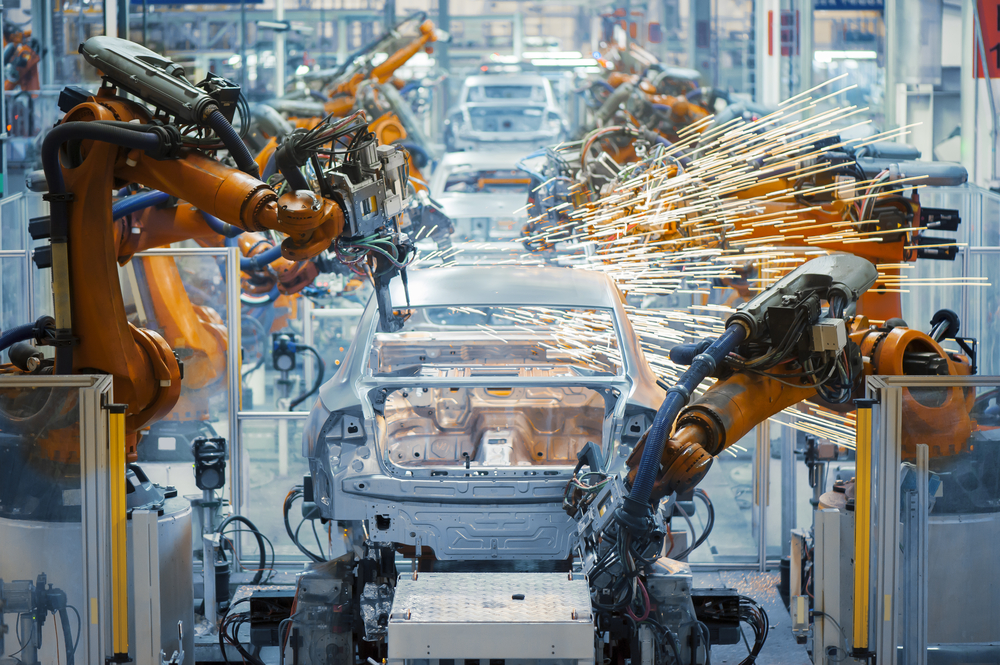
A recently released PricewaterhouseCoopers (PwC) study maintains auto industry mobility and automation will have a major impact on the industry’s future.
Results of the PwC Strategy& consultancy probe determined workforce size on assembly lines and in body and paint shops will be halved because of automation and the new types of vehicles being assembled while the number of shop-floor logistics roles will be reduced by around 60 percent, in part because humans will be replaced by autonomously guided vehicles.
“The auto industry has not substantially altered its model since Ford’s assembly lines were introduced over a century ago,” Heiko Weber, partner in PwC Strategy& Germany, said. “Yet we expect to see many of these changes to gather pace by 2021.
OEMs must start now to build the workforce they will need over the next decade, both by hiring people with the right skills and by retaining and retraining their existing employees.”
Weber said by 2030 the number of data engineers will almost double in the flexible plant and increase by 80 percent in the plug and play plant while the number of software engineers needed will rise by 90 percent and 75 percent, respectively.
The study also noted there will also be growing competition to original equipment manufacturers from technology companies who will be able to provide mobility-as-service solutions directly to consumers.